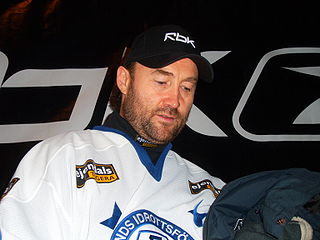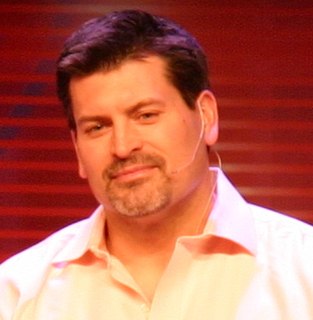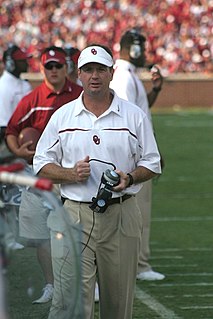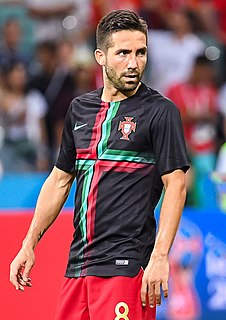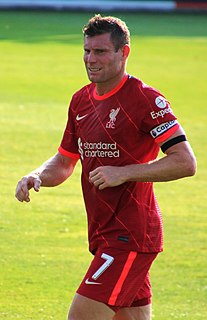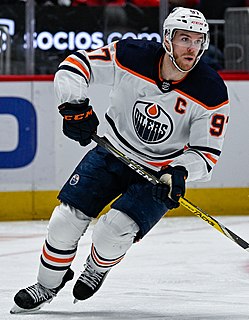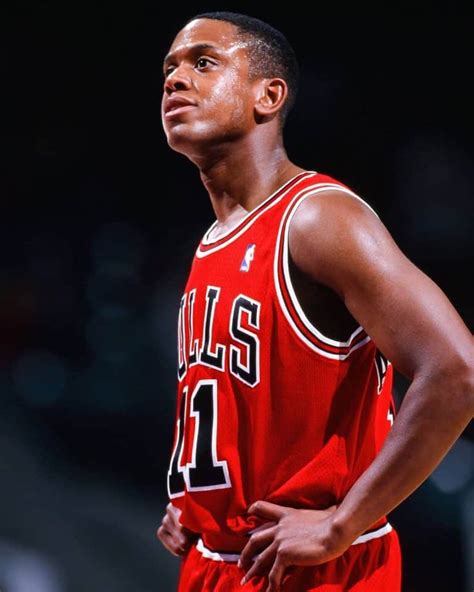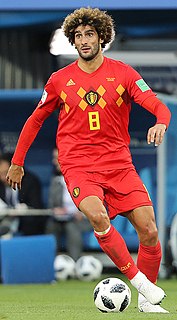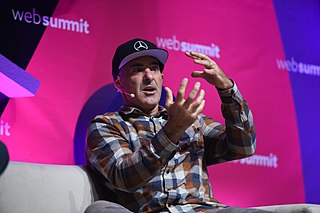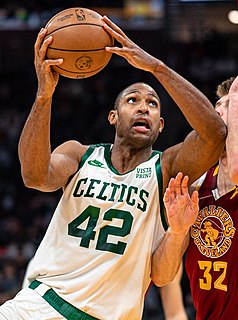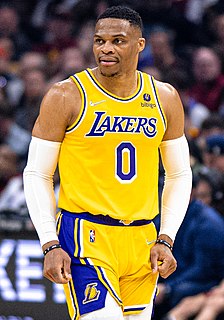A Quote by Ed Belfour
When one guy undermines the other, it only causes trouble, and the team isn't successful. It's very important for both of us to accept our role and help the team. One guy can get hot, and if that's Alex, I'll support him and help any way I can.
Related Quotes
There's always going to be a lot of distractions in the NFL - that's just how it is; it's on the biggest stage - but really focusing on what I have to do now to help my team win, help me be at my best physically when I'm out there on the field and mentally, because that will ultimately help my team no matter what role I'm playing.
If you get under water, you're at the mercy of our team coming in and getting us before we get another one on the head, and another one on the head, and another one. Or, we have to be able to handle it, and that's where our trainer and our coaches and our people who help us stay fit come into play, the other part of the team.
Because [Russel Westbrook] is so rare and impacts the game in so many different ways, you see the usage and the amount of time he's playing and say, 'is this sustainable?' I look at it the other way. Are we playing the right way, are we playing together as a team, and what are his minutes like? This is not a guy that's playing 42 minutes a night. When he goes out there he's going to play to who he is, and I think he also understands that in order for our team to be the best we can be he's got to incorporate and help everybody grow as players.
I was shooting all this time. And there was only one guy who helped to pull him. And I had to think whether I was going to keep shooting or help the guy. And so I kept shooting and then they put him in this little clinic, and I photographed through the window while they had to amputate his leg. And I felt very strange because I didn't - I felt I could have helped, but I didn't help. But then I also felt elated that I was getting a shot that would be important to the film.
